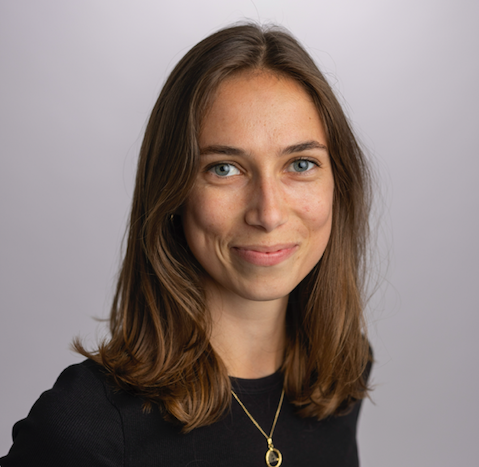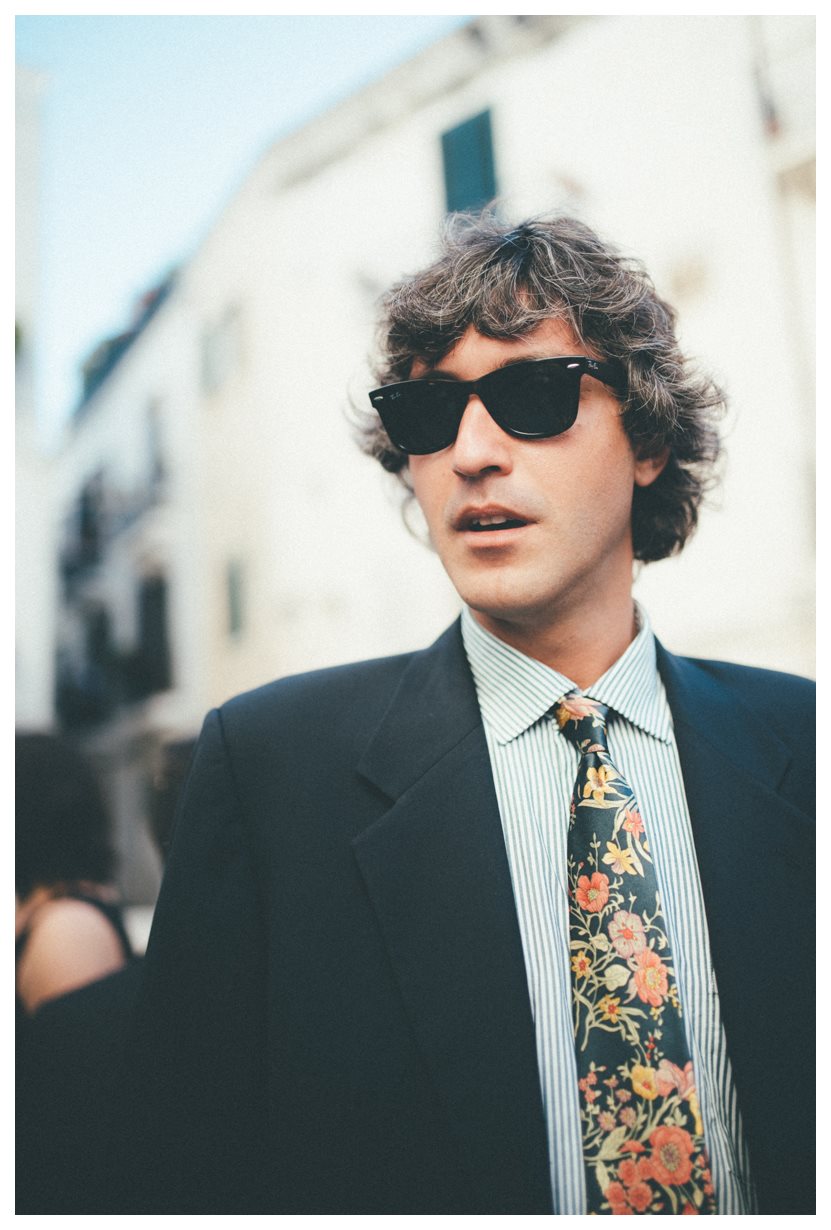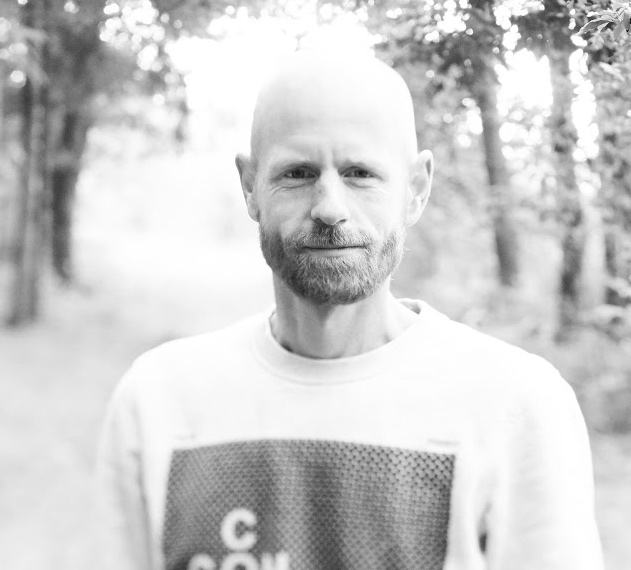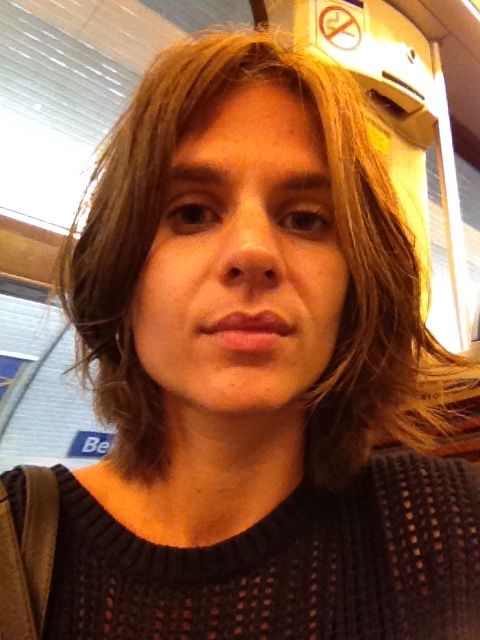Ludo Hekman is a journalist and editor. He has worked in print and online media as well as in TV, reporting from countries including Iran, Iraq and Afghanistan.
He has pioneered many new collaborative investigations with Europe’s leading media. He has won the Citigroup Excellence in Journalism award and has been nominated for several Prix Europa awards.
Ludo Hekman is an investigative journalist, editor and founder of Lighthouse Reports. He started his career as a freelance foreign correspondent working for print and online media as well as TV covering countries like Iran, Iraq and Afghanistan. His current focus is on collaborative newsrooms, with investigations on arms tracking, surveillance technology and industrial farming.
He is one of the founders of Lighthouse Reports, a non-profit based in the Netherlands that leads complex transnational investigations blending traditional journalistic methods such as freedom of information requests with emerging techniques like open source intelligence and specialisms like data science.
Lighthouse’s collaborative newsrooms pioneer new formats and pay particular attention to fresh ways of framing complex issues that will capture public attention and challenge misconceptions.
One of his projects – the arms tracking newsroom – challenges the status quo of EU arms exports. A European wide investigation covered over a 100 arms deals and documented a long list of EU and international violations. Most of the evidence was gathered with OSINT methods and while working in short sprints with temporary teams. These investigations triggered response in the EU parliament, campaigns by NGOs across Europe and legal cases against governments and companies.
Hekman won the Citigroup Excellence in Journalism award and has been nominated for several Prix Europa awards.









